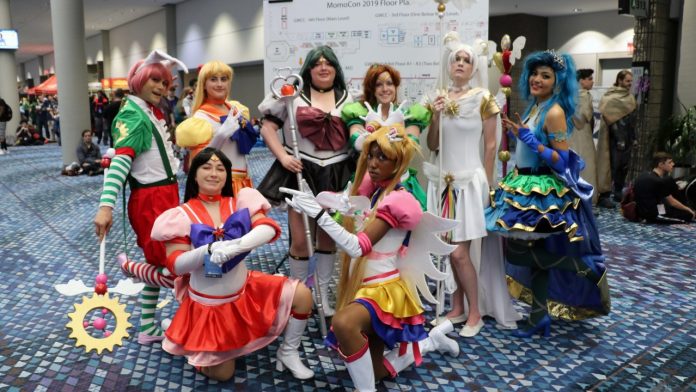The Japanese newspaper Nikkan Sports reported that the Japanese government is considering tightening the rules on copyrights related to fans’ cosplay. These changes to the copyright law would allow intellectual property owners to have a stake in regulating cosplayers for income earned from their cosplay activity. Cosplayers who do not earn income from their activities are reportedly not affected by this proposed law, while those who do may come under fire from new powers given to companies.
However, Nikkan Sports reported that the proposal is still in its early stages, with a government-led committee currently investigating the issue as a whole. This committee is seeking opinions from both copyright holders and cosplayers in order to reach a decision, with no proposed legislation being put forward until that decision.
Japanese copyright laws consist of two parts: “Author’s Rights” and “Neighbouring Rights.” As such, “copyright” is a convenient collective term rather than a single concept in Japan. Author’s rights is very similar to the West, but Neighbouring Rights refer to the rights of performers, broadcasters, and other individuals who do not author works but play an important role in communicating them to the public.
Currently, cosplayers can earn income through a variety of means–the most popular being charging for subscriptions or memberships through services like Patreon, compensation for appearances at events such as conventions, or selling handmade costumes to other cosplayers and fans. The main question Japanese lawmakers are looking to answer is: does this violate copyright law by infringing on reproduction or adaptation rights?
Tarō Yamada, a member of the Japanese House of Councillors and the leader of the “Party to Protect Freedom of Expression,” said that it is possible to maintain an “ecosystem” that benefits both copyright holders and cosplayers fairly, looking for a compromise in an “age of user-generated content.”
What do you think of this copyright issue? Let us know in the comments below or on Twitter!



